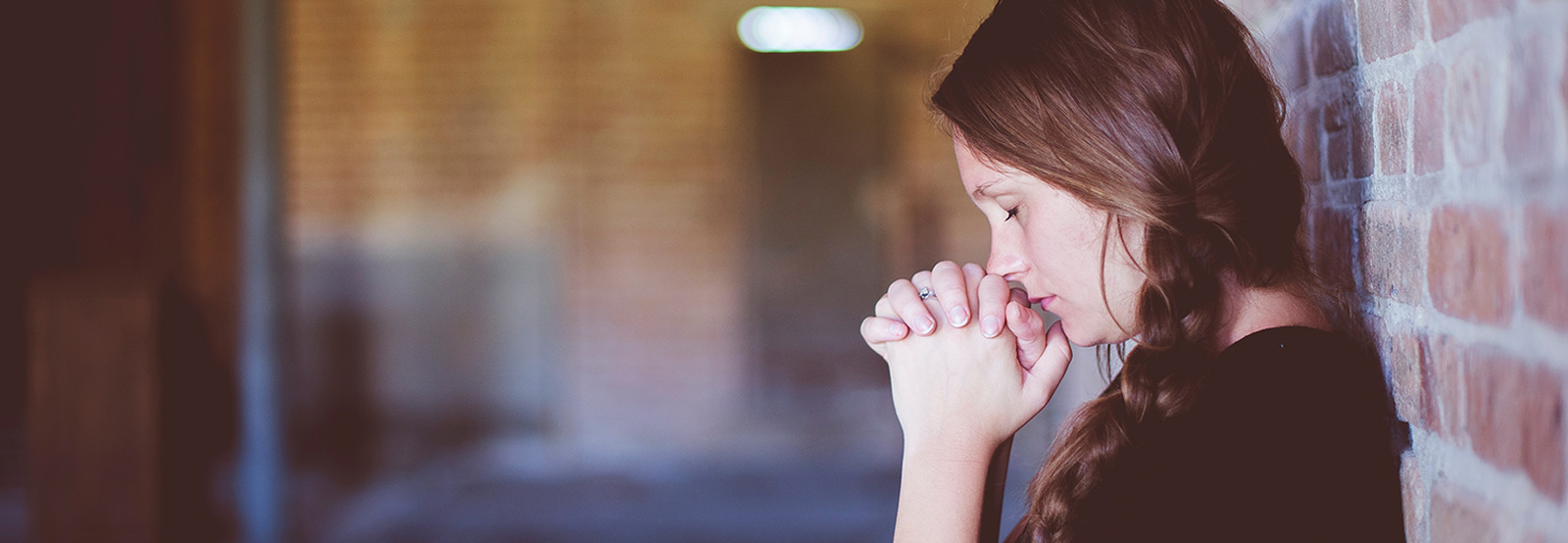
Emotions & Challenges:
Faith
In the weeks and months following loss, many people find comfort in their religion and the support of their faith community. Others struggle. Because suicide loss is so traumatic, it can shatter long-held or previously unexamined assumptions. Many survivors–be they believers, atheists, or agnostics — go through a process of questioning and examining their previous beliefs. Over time, many develop their own, deeply personal and spiritual perspective on life and loss.
Fr. Charles Rubey, founder of the Chicago Catholic Charities LOSS Program, is well acquainted with faith issues that arise for many people following suicide. As a pioneer in the field of suicide bereavement, he has comforted loss survivors for over 40 years. Fr. Rubey knows that many religious survivors wonder how God could allow something so horrible to happen.
He writes:
I remember a conversation with a grieving father who asked why God would allow his son to take his life. The man was very religious and had deep faith in God. His question is one that I have heard countless times over these past forty years as have the other clinicians of LOSS. I have pondered this question myself as I have witnessed the devastation that a suicide has on a family.
Over the years I have concluded that this is part of the mystery of God. That is what I shared with this father as he struggled with the various feelings that are part of the journey of grief. For me, these are not just words that God is a mystery. I have come to believe in these words. Does that make faith easy? Absolutely not. Faith is not an easy activity.
…Obviously, I am not anti-religion, but I don’t want someone to worry that they are weak in their religion because they don’t find comfort during the grieving process. One cannot rely solely on religion to get through grief. There is much more to do in grief than pray. Religion and religious practices will certainly add this dimension, but it should not nor cannot be a substitute for the grieving process.
On the Alliance of Hope Forum, survivors with varying belief systems often engage in dialogue – sharing and inquiring –yet respecting individual differences and perspectives about issues fundamental to the nature of being a human being. Loss of a loved one to suicide creates an invisible bond among survivors. Most often, that which unites becomes stronger than that which divides. There is a fundamental understanding in the survivor community that each of us must find a way to survive and eventually go beyond just surviving such devastating loss.
